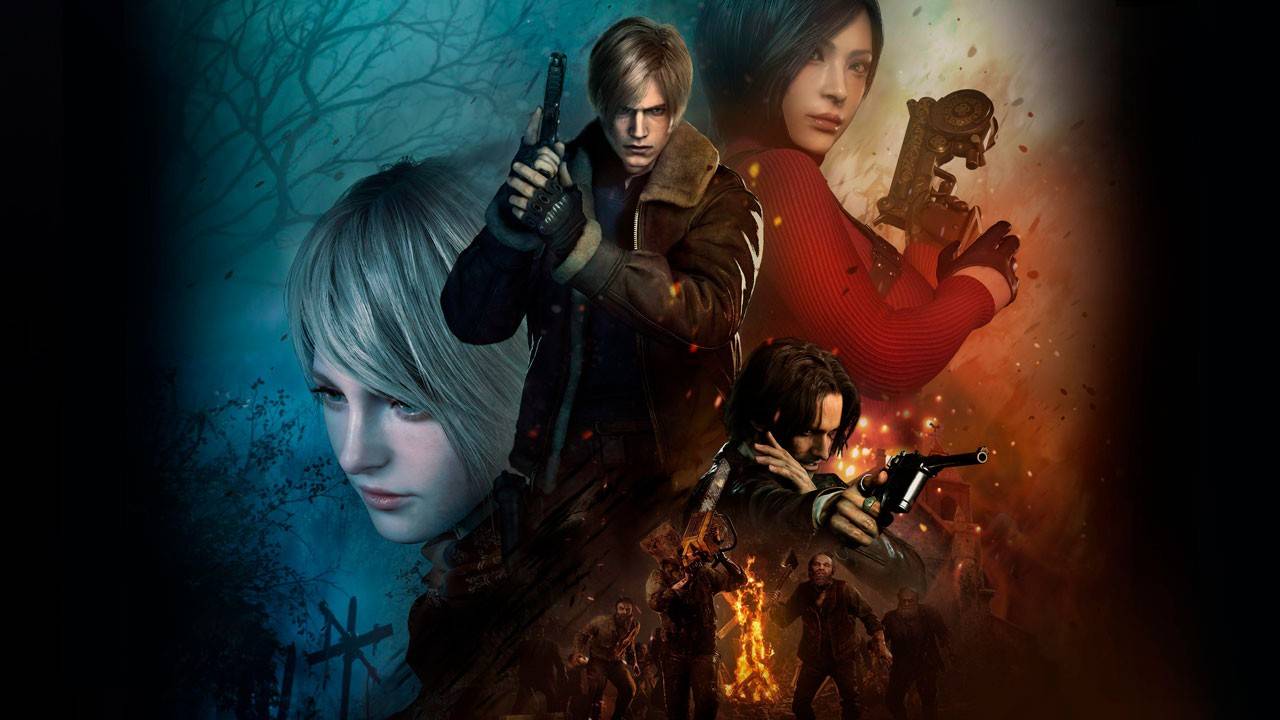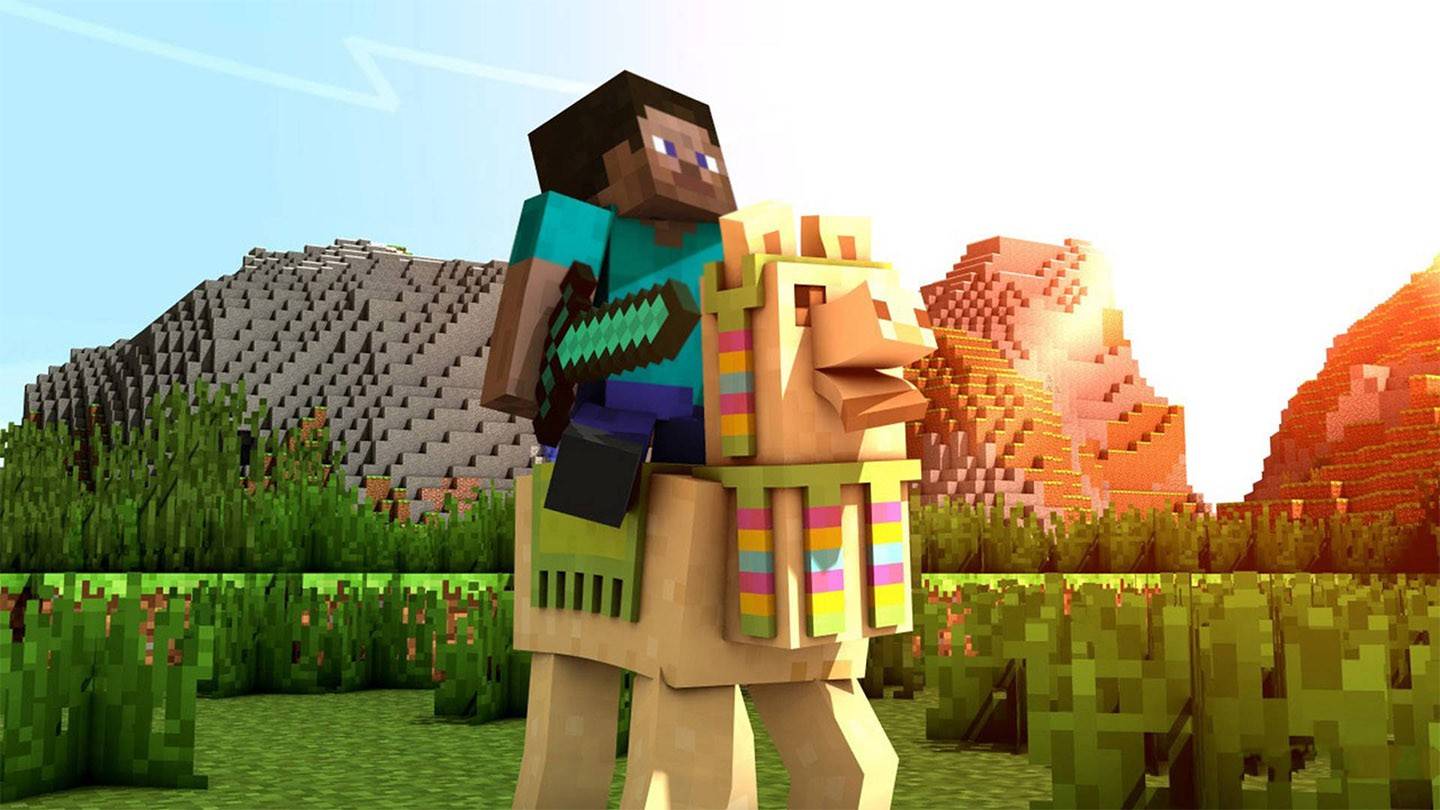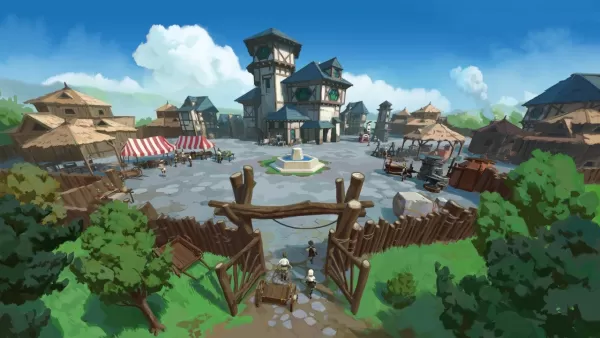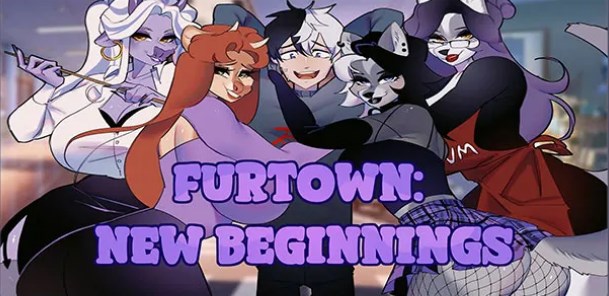
Yasuhiro Anpo, director of the Resident Evil 2 and Resident Evil 4 remakes, revealed that the decision to revisit Resident Evil 2 stemmed from overwhelming fan demand to restore the 1998 classic to its former glory. As Anpo stated, "We realized: people really want this to happen," prompting producer Hirabayashi's simple, "Alright, we'll do it."
Initially, Resident Evil 4 was considered the starting point. However, discussions led the team to believe that the game's near-perfect status made significant alterations too risky. Instead, they focused on the older title, which required substantial modernization. This process included studying fan projects to better gauge player expectations.
Capcom's internal doubts weren't the only ones. Even after two remakes and the announcement of a third, fans questioned the necessity of an RE4 update, arguing its 2005 release hadn't aged as poorly as its predecessors.
While the 1990s PlayStation originals, Resident Evil 2 and Resident Evil 3, featured outdated fixed camera angles and clunky controls, RE4 revolutionized the survival horror genre. Despite initial skepticism, the remake successfully preserved the original's essence while enhancing gameplay and narrative.
The remake's commercial triumph and critical acclaim validated Capcom's decision, proving that even seemingly untouchable classics can be respectfully reimagined with a creative approach.









